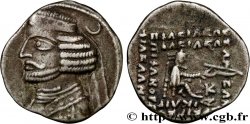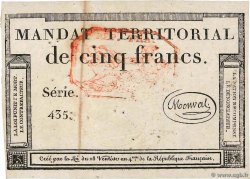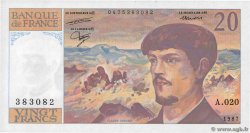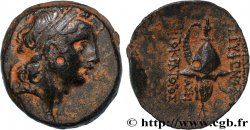正面
正面的文字 ANÉPIGRAPHE.
正面的说明书 Buste d’Orodes II à gauche, tête nue avec un bandeau, sans nœud qui tombe derrière la tête, la chevelure crantée couvrant l’oreille, la barbe courte ; le buste est accosté d’un astre à gauche et d’un croissant de lune derrière la tête.
背面
背面的说明书 Archer assis à droite sur un trône, tenant un arc de la main droite ; sous l’arc, un monogramme.
背面铭文 BASILEWS/ BASILEWN/ ARSAKOU/ EUERGETOU/ DIKAIOU/ EPIFANOUS// FILELLHNOS/ (AT)
背面的翻译 (Roi des rois Arsace, évergète, juste, glorieux, philhellène).
历史细节
PARTHIA - PARTHIAN KINGDOM - ORODES II
(57-38 BC)
To take power, Orodes II had his brother Mithridates III assassinated before his eyes. When Crassus at the head of seven legions crossed the Euphrates without a declaration of war and occupied part of Mesopotamia, Orodes II sent Surena against him. He surrounded the Roman army at Carrhae which lost the ensigns of the legions, had 20,000 dead (including Crassus and his son) and 10,000 prisoners deported to Margiane. The disaster of Carrhae had a repercussion analogous to that of Cannes (against Hannibal). It stopped for a time the progression of Rome in the East and the Arsacid empire, without seeking any territorial profit, ensured for two centuries its western border on the Euphrates. Suréna became a national hero, but also a threat to Orodes who had him executed. Made depressed by the death of his eldest son Pacorus (killed while he was fighting in Syria), Orodes chose as his successor the son of a simple concubine, Phraates IV, among the thirty sons who remained to him. He made the wrong choice: to prevent any dispute, Phraates IV hastened to assassinate his father (choked by his own hands), his brothers and his eldest son!.









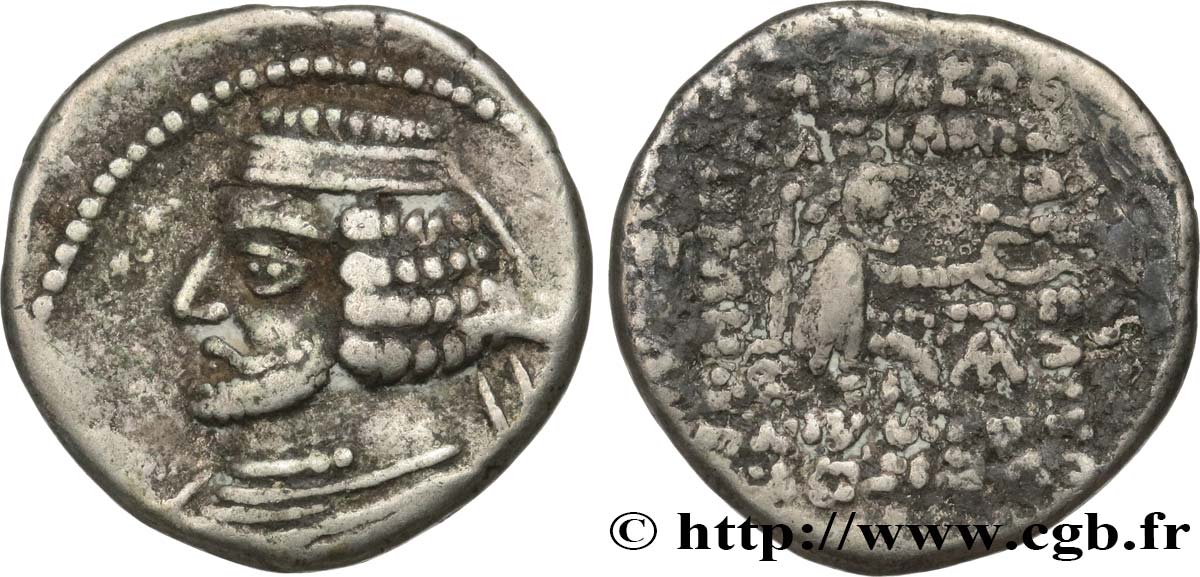
 对产品描述纠错
对产品描述纠错 打印
打印 分享我的选择
分享我的选择 提问
提问 Consign / sell
Consign / sell
 产品介绍
产品介绍


